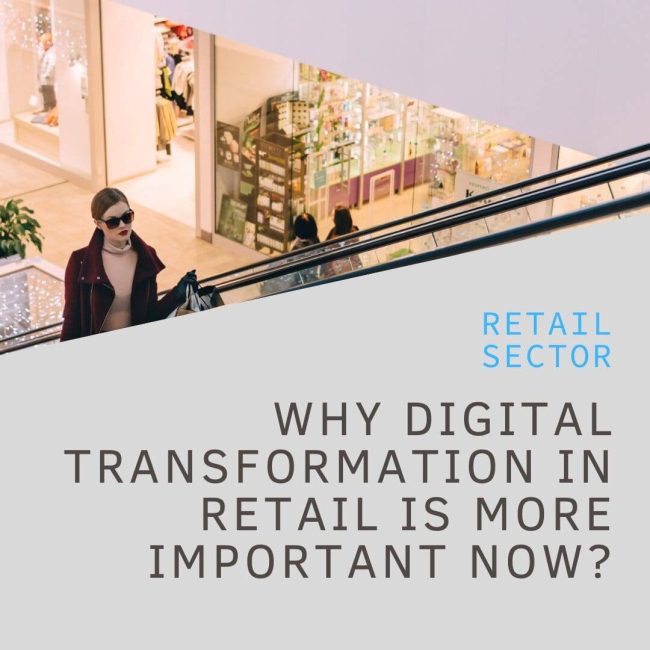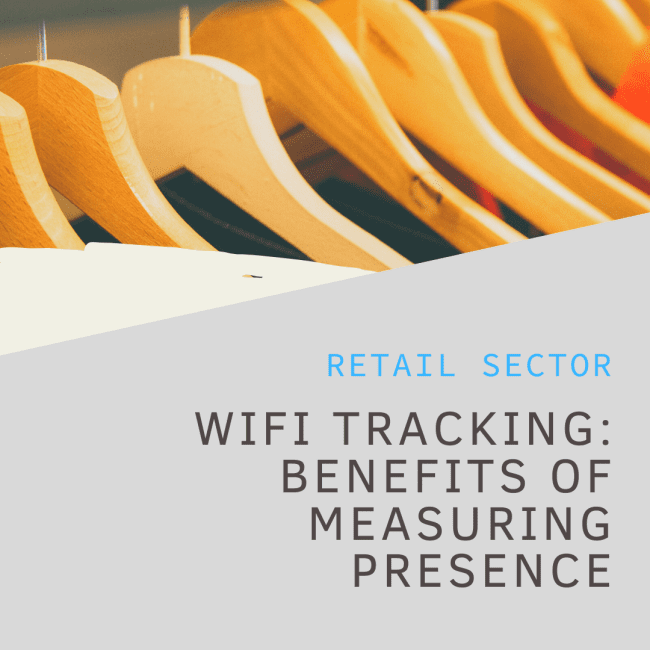In this article, we will discuss some major technological trends that can shape the future of the retail industry in 2021 and beyond.
Today the retail industry is touted to be a billion-dollar industry. From branded watches to handmade leather bags, premium kitchenware and laptops with backlit keyboards, you can buy anything and everything from a retail store. Considering the current COVID 19 environment, the retail sector industry is expected to through some drastic changes in the coming years. Thousands local and international brands generate massive revenues from their retail stores. Nevertheless, to benefit the most from retail activities, these brands should remain up to date with the changing technological advances by hiring technology consulting services that influence the e-commerce industry. In this article, we will discuss some major technological trends that can shape the future of the retail industry in 2021 and beyond.
1. Voice payment technology and voice-enabled virtual assistants
In an online survey published by in 2017, more than 30 million Americans were estimated to use voice-enabled virtual assistants. Of course, these figures have increased drastically over the years.
Therefore, it is safe to say that the trend of voice-enabled virtual assistants is here to stay and not going anywhere in the coming years.
With time, Amazon and Google’s smart devices are becoming more and more popular among the masses. Considering the current COVID 19 pandemic state, people worldwide are opting for voice-enabled payment methods for their online transactions.
Therefore, those retail stores that have successfully optimized their online applications by enabling voice-enabled payment methods will edge over those who fail to do so. Today, Google and Amazon are already offering voice payment options to its users.
2. Automated Bots and VR technology
In the coming years, shoppers will be interacting more with digital bots and virtual assistants. With the implementation of AI technology, retail stores can design and develop their digital bots to assist their customers online and in person through tablets and smart devices installed in retail stores.
The main benefit of these virtual assistants is to provide professional guidance and make the entire user experience for online shoppers more convenient and stress-free.
Similarly, virtual reality will keep on growing as a popular e-commerce trend in the coming years. Retail stores are employing this technology by creating VR trying rooms for their consumers online.
The scope of virtual reality technology is vast, and retail stores can benefit from this technology in various ways. Whether it is something as simple as bags, clothing, or something as complex as home furniture, VR technology can help consumers virtually check and try out items before buying them from the store.
3. The growing use of mobile devices for placing orders online
In the past decade, the use of smartphones has grown tremendously, with nearly 50% of adults in the US, relying on their smartphones to use the internet and shop online.
As a result, various social media platforms like Facebook and Instagram are being used by buyers and sellers for various purchasing activities.
Retailers can either post images of their products on their official Facebook or Instagram pages or do live selling sessions of their pages. This selling technique is more cost-effective for those individuals or small businesses that cannot afford costly designing and optimizing services that are needed for creating and marketing a proper e-commerce website.
Also, several new features like checkout options on Instagram and Facebook can further speed up and improve buyers’ shopping experience.
4. Improving sales through personalized service
When more customer data is available online, consumers are more likely to get personalized service from retailers and wholesalers .
Today, shoppers prefer to opt for those stores that can offer them a more relevant and timely shopping experience. The use of online tools like questionnaires and surveys can help these stores recommend the most suitable products to their customers.
5. Eco-friendly e-commerce activities
Today, every industry is concerned about the environment and implementing more eco-friendly practices to control the emission of harmful chemicals and radiations that pollute the environment.
Therefore, in the coming years, retail stores will adopt more energy-efficient practices to reduce toxic waste production.
To satisfy their consumers, e-commerce stores will give special attention when outsourcing commodities of different brands. Businesses will use a zero-waste approach, and recyclable packaging will be preferred.
The size of standard packages will be reduced by businesses that want to establish more eco-friendly practices in the retail industry.
Conclusion
The future and scope of the retail industry is believed to be even more exciting and rewarding in the coming years. The buyers and sellers can benefit a lot by implementing the latest technologies in the e-commerce industry.
The way a buyer interacts with a seller is continuously evolving and changing with time. As more retail stores adapt to these changing selling practices, they can improve the overall user experience, which ultimately leads to improved profits and growth.
A post written by: Aron Christopher







